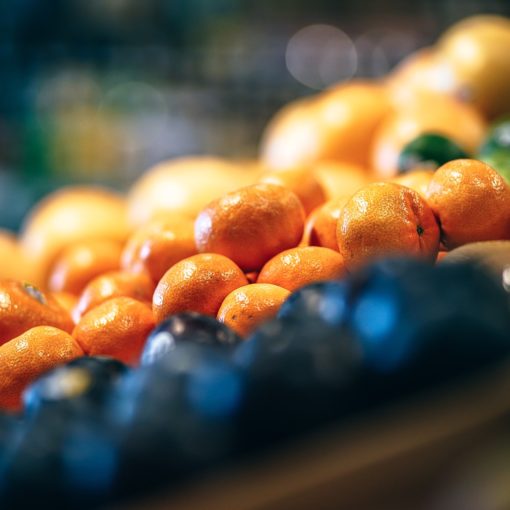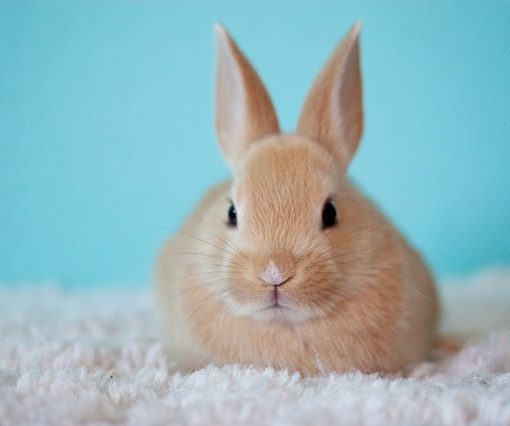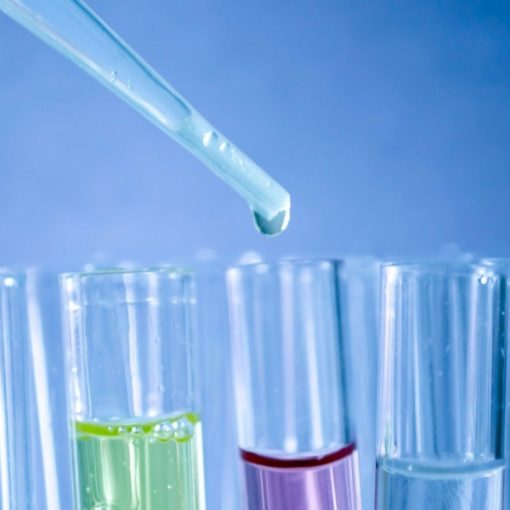It’s official. The world is at a turning point. Global warming is the biggest risk to the human race and animals. Do you ever wonder what impact you are having as a vegan? Maybe being more eco friendly was a driver to you turning vegan? Well this quick guide will provide you with a high level overview of veganism and the environment.
Pssst spoiler alert…going vegan is the best thing you can do for the planet!
Pssst…yes being vegan and eating plants does still result in water consumption, emissions and use of land, but far far less than consuming meat and dairy!
Myth Busting
Myth: The growth in veganism is causing more demand for soya and it’s using too much land and causing deforestation.
Untrue. 93% of soya grown, which drives the destruction of forests, is embedded in meat, dairy and fish. If we eat soya directly, it requires much less land and crops for the same amount of protein. (Source via Guardian)
Myth: Vegans eating avocados and foreign fruits are causing more of an issue than animal agriculture.
Untrue. Flying fresh fruit around the world is problematic and we should all aim to eat more food that is seasonal and local. But it’s a combination of vegans and meat-eaters who buy foods that are imported by air. With animal agriculture causing more greenhouse emissions than all transport methods combined (UN report), air miles of avocados is not a bigger issue than animal agriculture.
Myth: Vegan Leather is worse for the planet than Animal Leather.
Untrue. A 2017 report by Copenhagen Fashion Summit confirmed that synthetic leather really is less harmful for the environment in many ways than animal leather- two thirds less in fact! It’s also less harmful for the environment than the production of silk or wool.
There’s many types of vegan leather (cork, plastic PU, and even pineapple leaves!) and some are better for the environment than others. Cork and other alternatives are better than plastic as they biodegrade quicker and are made from renewable sources. However, any type of vegan leather is still better for the environment than it’s animal counterpart.
10 Quick Facts about Animal Agriculture & The Environment
- Animal Agriculture causes approximately 18% of all greenhouse gases (that’s the same as all types of transport on the planet combined). (Source UN)
- 70% of previous Amazon rainforest is currently used for pastures and growing animal feed. (Source FAO)
- In comparison to an average meat-eater, a vegan lifestyle…
- produces 60% less carbon dioxide (Source The New Scientist)
- uses 60% less water (Source PETA)
- uses 5 times less land (Source VegSoc)
- The most comprehensive report on the damage of farming (University of Oxford study, June 2018) looked at 40,000 farms in 119 countries and found:
- ‘A vegan diet is probably the single biggest way to reduce your impact on planet Earth, not just greenhouse gases, but global acidification, eutrophication, land use and water use’
- Cutting meat and dairy from your diet could reduce an individual’s carbon footprint from food by 73%
- Animal farming provides 18% of calories but is responsible for 60% of agriculture’s greenhouse emissions
- If the world turned vegan global farmland could be reduced by 75%, freeing up land previously deforested, causing mass wildlife extinction
- A plant-based diet cuts use of land by a whopping 76%. (Source via The Guardian)
- 60% of global biodiversity loss is down to meat-based diets which put huge strain on Earth’s resources. (Source WWF)
So veganism really is great for the planet! However, before you all leave this article thinking that as vegans we are complete saints, there is always more work to be done! We still need to make better choices to keep supporting our lovely planet. More ways to level up your eco-warrior game…
- Choose seasonal and local food more often
- Choose eco-friendly, sustainable retailers
- Avoid fast fashion
- Avoid disposable items when there are alternatives (e.g 5 Reusable Coffee Cups)
- Reduce use of plastic
- Re-using, re-cycling and reduce waste
- Aim for carbon-neutral companies
Inspired to know more about the planet and what’s in our products? Have a look at the Quick Guide to Sulphates and Other Controversial Ingredients.



